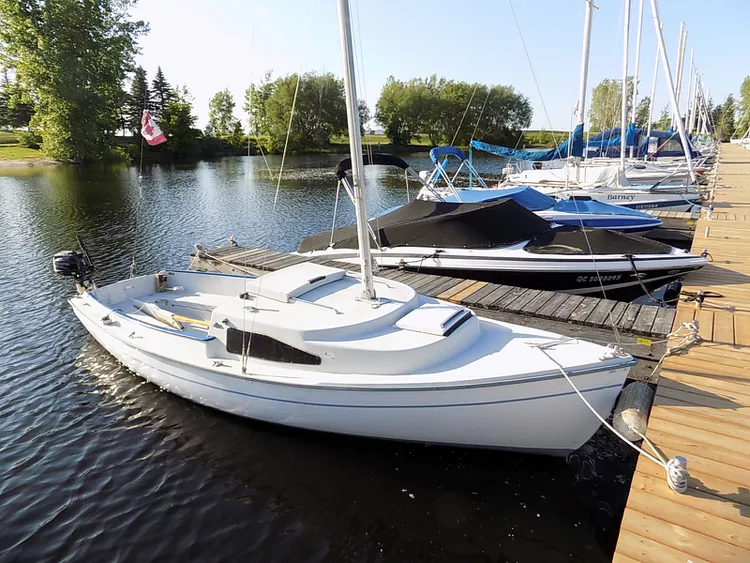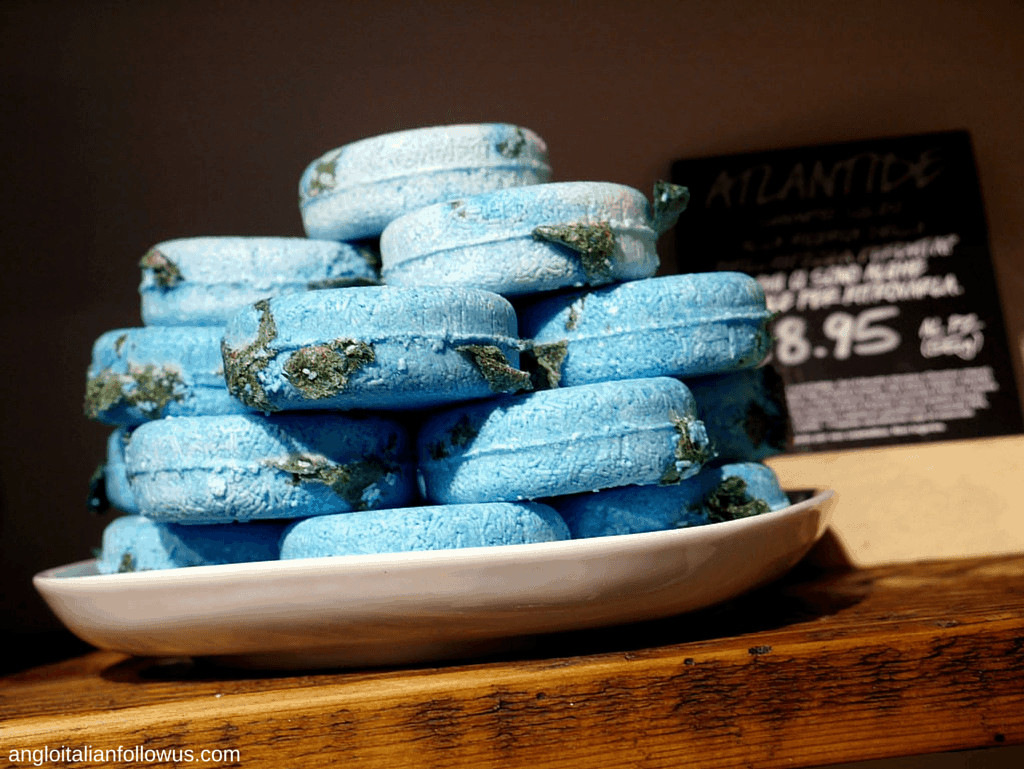Summary
O’Day Mariner 19 Sailboat Review
For over 40 years, the 19-foot Mariner sailboat has held a prominent place as a favored choice for daysailing. Built on the foundation of the fast, stable Rhodes 19 hull, the Mariner features a small cabin and other enhancements. Originally crafted by O’Day from 1963 through 1979 and now produced by Stuart Marine, the Mariner has been marketed as an ideal family daysailer.
The Mariner stands out as one of the first affordable, trailerable fiberglass sailboats, enjoying popularity on lakes and in protected bays. With a spacious cockpit, wide beam stability, and easy sailing characteristics, it rightly earns its reputation as one of the best general-purpose sailboats in its class.
The Pros
- Excellent boat for learning to sail and for family daysailing.
- Stable and handles well in challenging wind and wave conditions.
- Very large cockpit allows comfortable sailing for 4 to 6 crew members.
- Solid construction; older models have demonstrated durability.
- Self-righting design and positive flotation enhance safety.
The Cons
- Although useful for daysailing, the cabin can be cramped for longer overnight stays.
- Older models may experience leaks in the centerboard locker if mismanaged by previous owners.
- Earlier versions did not feature self-bailing cockpits.
Specifications
- Length overall: 19 feet 2 inches
- Beam: 7 feet
- Draft:
- keelboat: 3 feet 3 inches
- centerboard up: 10 inches
- centerboard down: 4 feet 11 inches
- Empty weight:
- keelboat: 1435 lbs.
- centerboard: 1305 lbs.
- Sail area (main and fractional jib): 185 sq ft
- Mast height (deck-stepped): 27 feet 10 inches
- Rudder:
- keelboat: fixed
- centerboard: kick-up
- Recommended outboard engine: 2-6 HP
- MSRP: $24,000 depending on options; widely available used (average retail price for 1977 models: $2,110)
- Parts are readily available for older models, with support from owners and class associations.
Review of the Mariner 19 Sailboat
During the 1950s, the Rhodes 19 was a favored wooden racer and daysailing boat. In 1963, Olympic gold medalist George O’Day acquired the hull design and reimagined it with enhancements, introducing one of the first affordable fiberglass family sailboats: the Mariner 19. O’Day provided both a keel version and a centerboard option, making trailer launches easier and enabling beach access.
The Mariner quickly gained traction as a club racer while also being embraced as a family boat, prominently featured on lakes and bays. By 1979, O’Day had manufactured nearly 3,800 Mariners—an impressive figure for a single model. Even after O’Day ceased production to focus on larger cruising vessels, both Spindrift and Stuart Marine continued the legacy, ensuring it remains in production, marking one of the longest continuous production runs of any sailboat model.
Throughout the late 1960s and 1970s, design modifications further bolstered the Mariner’s appeal for family sailing. The introduction of the 2+2 model created additional sleeping space in the cabin, accommodating up to four people, although the cabin space is still limited for extended cruising. The cockpit was extended to the transom, offering notably more room compared to competitors of similar size.
Today’s Mariner includes features such as nonskid surfaces on deck and the cockpit seats, while all control lines are easily accessible from the cockpit. Positive flotation and a kick-up rudder design for the centerboard model facilitate navigation in shallow waters. With its wide beam and a fractional jib that reduces heel, the Mariner is both stable and safe for most sailing conditions.
Pleased owners often express willingness to purchase a Mariner again, frequently highlighting its stability, spacious cockpit, and the ease of launching from shallow ramps. This boat tends to be forgiving of sailing errors, thus serving as an excellent option for novice sailors. However, some owners note that the interior can feel cramped, particularly for taller individuals.
The used market offers plenty of good Mariner models, although older trailers may exhibit issues related to rust and wear. Prospective owners can benefit from the support of The Mariner Class Association, which provides valuable resources including sailing tips, parts sources, and community engagement.
For those desiring a small sailboat with improved cabin space for cruising, consider the West Wight Potter 19, another remarkable small sailboat option. Furthermore, if you’re contemplating a trailerable sailboat like the Potter 19, one significant advantage is the convenience of traveling to diverse sailing locations, such as the beautiful Florida Keys during winter months.
Lastly, if you seek effective control for your tiller while sailing, there are inexpensive solutions available. Additionally, those in need of a new outboard motor for their sailboat can explore the innovative propane-powered options from Lehr. For trailer owners, proper maintenance is essential to ensure safety and performance when transporting your boat.




